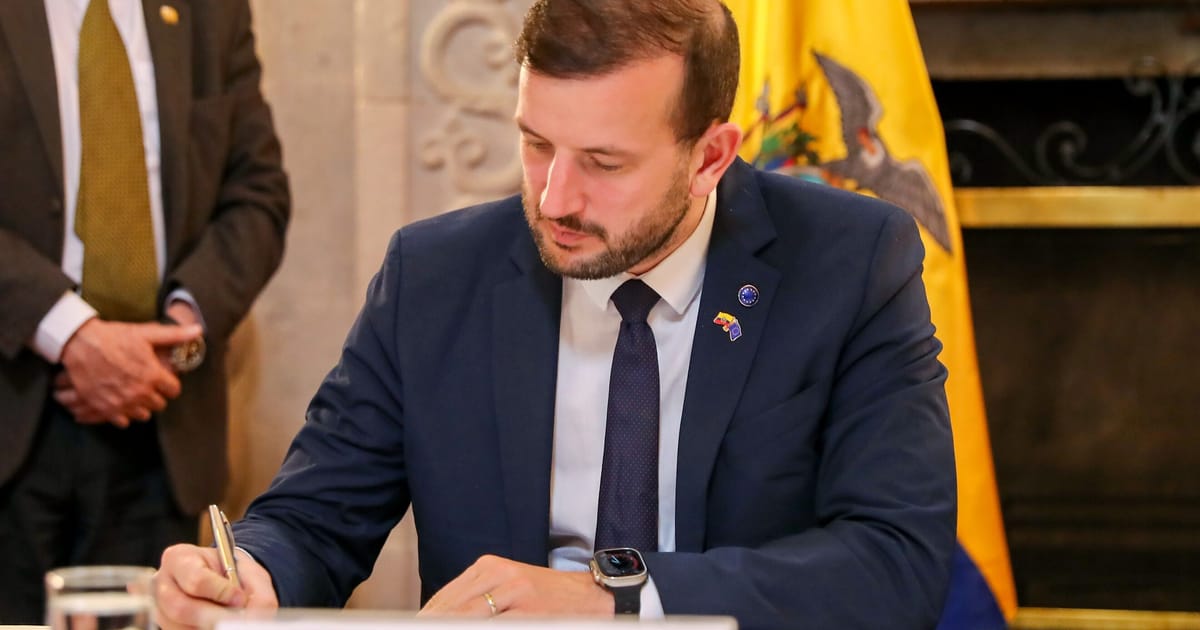Berlin’s domestic spats are gumming up the EU’s delicate policymaking process.
EU policymaking is going off the rails as the election nears.
The main culprit? Germany’s partisan feuds.
From the outside, Brussels’ lawmaking can seem overly procedural and institutionalized. But in recent weeks, drama has riven the EU institutions, with capitals unexpectedly challenging several deals — thought to be settled — at the last minute. And Berlin’s at the center of it all.
Germany is run by a three-party coalition — the center-left Social Democrats, the Greens and the business-friendly Free Democrats. The trio is frequently at odds over everything from military aid for Ukraine, to boosting the economy and curbing soaring energy prices.
The domestic fighting is now increasingly hijacking Brussels. Berlin’s government has had to stall or spike deals at the last minute after failing to maintain a single stance on key agreements — despite previously helping negotiate them. And the Free Democratic Party (FDP), the coalition’s smallest party, is often the one playing spoiler, searching for a political jolt as it slides toward polling irrelevance.
Just as a reminder for everyone:
2021: Politico Is Sold to Axel Springer for More Than $1 Billion
If you wondered why they bashing so much on every government that is not center-right.
You have European elections, maybe the actual governments shouldn’t have the power they do?
This is the best summary I could come up with:
The FDP previously flummoxed officials with its successful push to inject a loophole in the EU’s 2035 ban on new traditional car sales — protecting Germany’s powerful auto industry.
Oliver Treib, a professor at Münster University, called Germany’s approach a “structural” problem, arguing that since coalition partners “coordinate poorly,” disagreements often only surface at the final moment.
“Within the span of a few weeks, the German government has managed to waste away the reputation for reliability and predictability they built over the course of decades,” said one EU diplomat, granted anonymity to speak candidly, during the negotiations on the supply chain rules.
The center-right European People’s Party group, Parliament’s largest, has (unsuccessfully) staged last-minute crusades to dramatically amend both the contentious nature restoration rules and stricter pollution limits for major industrial sites, including livestock farms.
But unlike the FDP, which is vying to remain relevant in national politics, the EPP is making rhetorical appeals to discontented farmers and rural voters with an eye on the EU election in June.
Radan Kanev, an EPP member who led Parliament’s work on the industrial emissions rules, criticized his political family for trying to amend his hard-won deal.
The original article contains 1,531 words, the summary contains 194 words. Saved 87%. I’m a bot and I’m open source!




